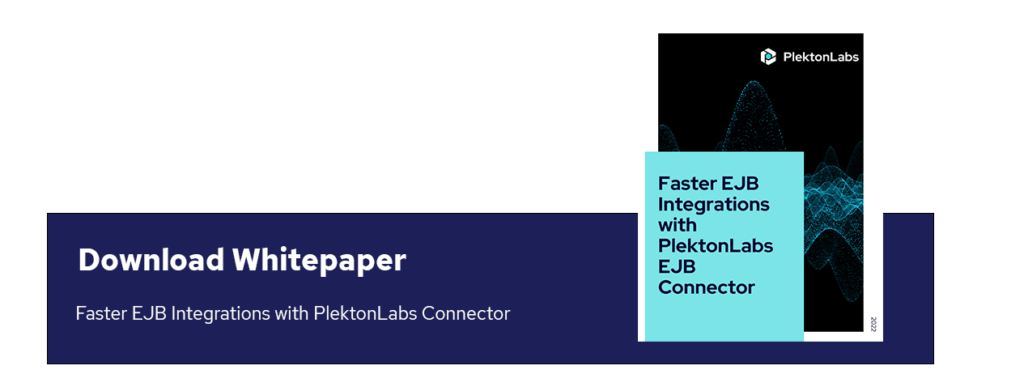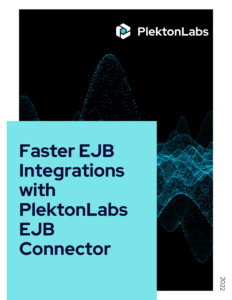For many people, going to any public-sector office is just as bad as, if not worse than, getting a root canal. Going to the DMV becomes a full-day affair, applying for a grant for research or as a small business owner makes you question your sanity. And it’s not surprising that digital transformation of the public sector through modern APIs is the solution to bureaucratic challenges that citizens and officials both dread.
Contrast this to the speed and convenience of the private sector. You can buy tickets for any airline on the planet, book a hotel across the world, order groceries, and watch the latest movies on your phone without getting out of bedーand get these things done instantly. And we have APIs to thank for all this.
But making life more convenient for the average citizen isn’t the only reason that the public sector needs to invest in APIs; we’ll get into that in a bit.
What’s Stopping Digital Transformation of the Public Sector Through APIs?
As always, there isn’t really one reason why the public sector is lagging behind in terms of digital transformation when compared to the private sector. A lack of funding and resources may seem like the obvious answer, the issues can run deeper.
For instance, many government departments and offices run on antiquated legacy systems where data is trapped. Because of this, everything is slowed down to a crawl, and it can be hard to find relevant or accurate data. Similarly, data is often locked in siloes in these systems, further impeding efficiency and usefulness.
Also, most of the time, user data isn’t even uploaded to the systems. A lot of governments still run on manual or paper processes. This greatly affects collaboration and interoperability between departments, offices, agencies, and even between any of these parties and the citizen. All these factors contribute to the public sector being unable to transform its operations, leading to poor service for the ‘customer’ and a maze of convoluted procedures for case-workers.
How APIs Can Help Revolutionize the Public Sector
First and foremost, the digital transformation of the public sector through APIs will dramatically improve how citizens interact with different government offices and agencies. APIs make government data accessible to those who need it. As a result, consumers can use apps and websites to apply for new licenses, food stamps, housing assistance, and grants when needed. This can enrich and enhance customer service in the public sector.
But it goes beyond that as well. API-led connectivity enables public sector offices to maximize the potential of their data. Instead of locking data away in silos of different departments, data integration and APIs allows both employees and citizens to access or retrieve relevant data when required.
APIs also make operations and processes more agile and flexible, which becomes vital in times of instability. The use of APIs to create new services and tools is much faster and more convenient, boosting scalability as well. In addition, APIs make it much easier for different agencies to collaborate with each other to achieve certain goals or enact government policies.
Last but not the least, APIs can create a trail for the flow of data, making it harder for any system to ‘lose’ data. More importantly perhaps, APIs can usher in a new era of transparency and accountability. Moreover, they can help different government agencies keep track of the different parties accessing their data, which helps with the aspect of security as well.
In other words, API would digitally transform the public sector making it easy for both tax-payers to use their services while helping employees provide the service in question. With proper security and governance, APIs can be layered over legacy systems allowing the public sector to adjust to a more modern integration system over time. At the same time, data will be more accessible within and between departments, which makes inter-agency processes a lot faster and more efficient.
Final Say
There are many challenges that lie in the path of API-led connectivity across various government agencies. However, in light of the many benefits of digital transformation of the public sector through APIs, the implementation should be a priority, even if it is done more gradually. Besides making it easier to carry out government initiatives, it will create improved services and better experiences for citizens.




